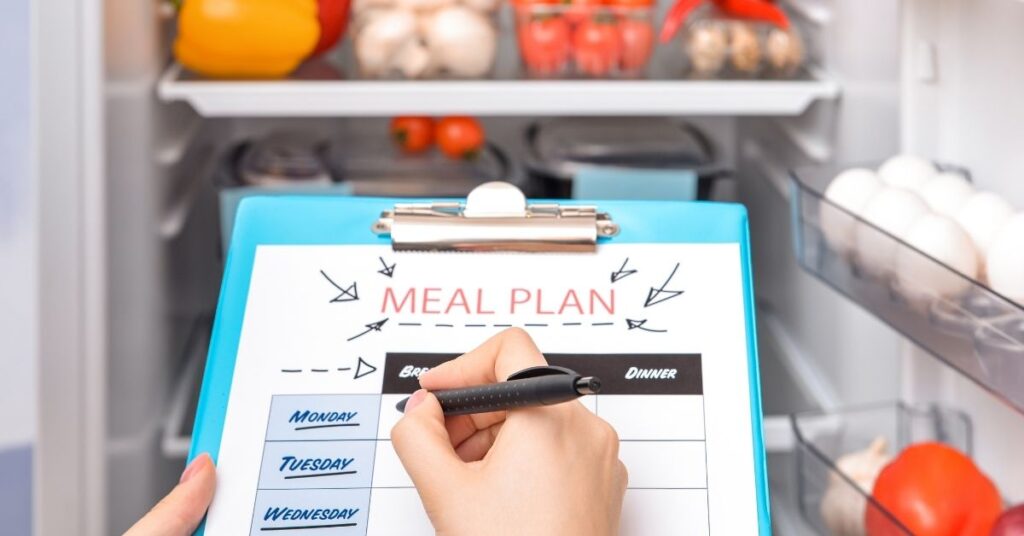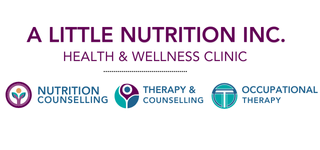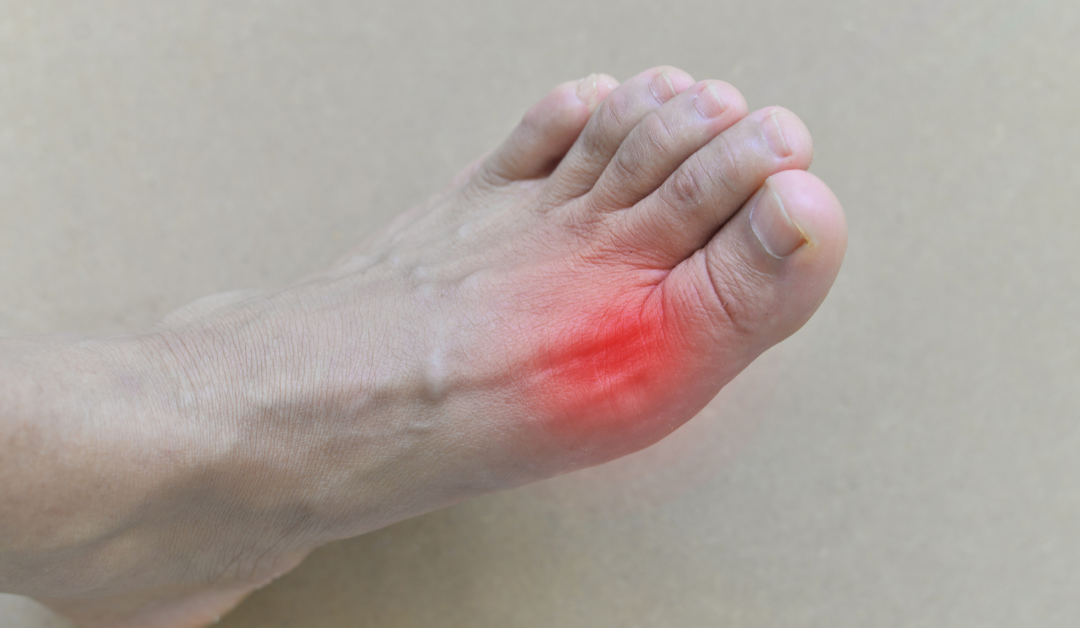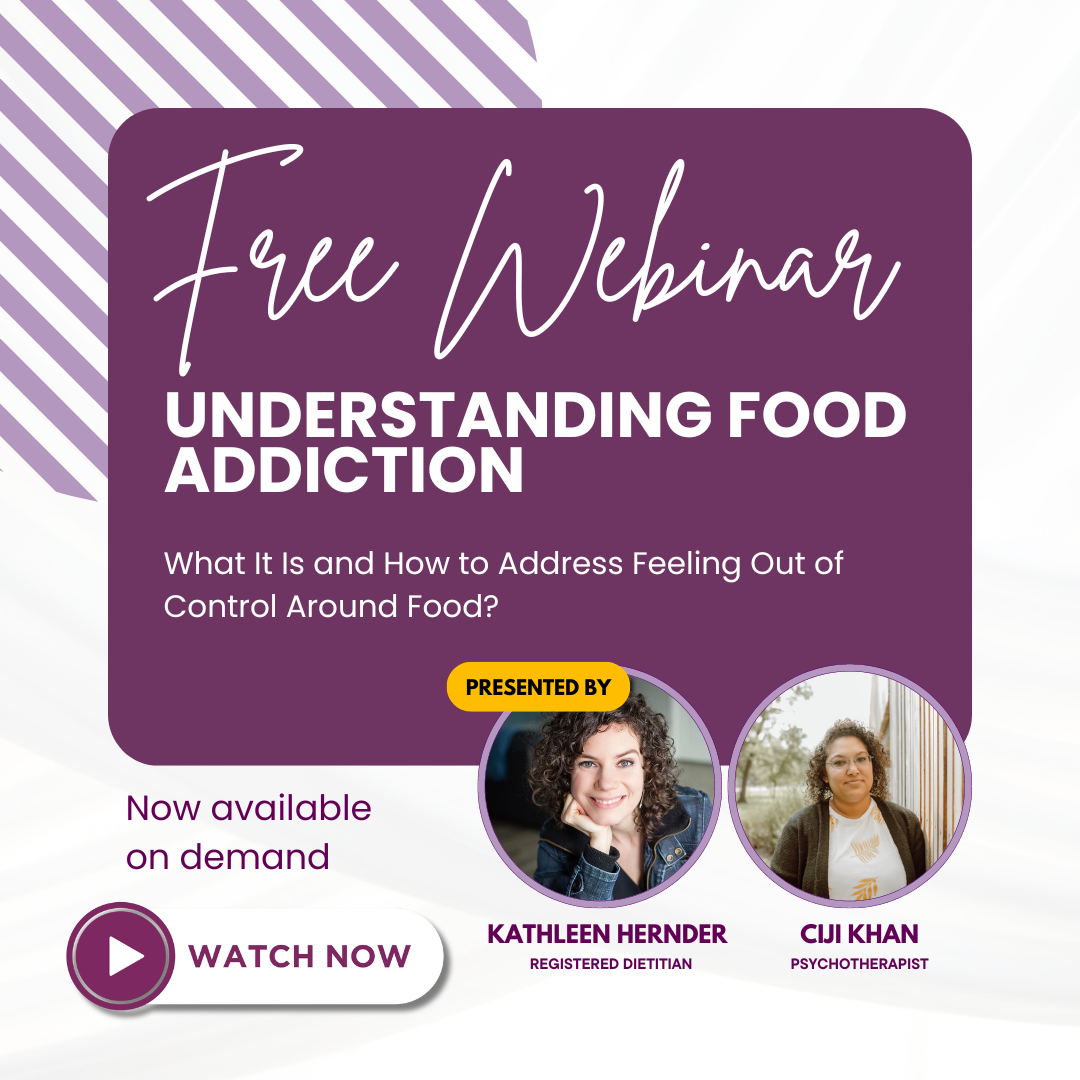What is Gout?
Gout is a type of arthritis that causes inflammation of the joints and soft tissues. Gout occurs when uric acid levels are too high in the body and uric acid crystals form around the joints and tissues. This occurs if your body is unable to get rid of the uric acid or you have a condition that creates higher than normal uric acid levels in your body. Uric acid comes from purines in our body and from certain foods we eat.
How Does Gout Present In The Body?
Gout symptoms may not always be present and there may be times when you experience no symptoms at all. When gout symptoms are present, this is called a “flare-up”. When gout symptoms are not present, this is considered “remission”. The signs and symptoms of gout in a joint include:
- Redness
- Pain
- Swelling
- Heat
Risk Factors Associated with Gout
There are various lifestyle factors and dietary factors that may contribute to the development of gout including:
- A high intake of foods containing corn syrup such as candy, soda, baked goods, and desserts
- A high intake of purine-rich foods including red meat, organ meat, and oily fish
- Gender – males may be at a higher risk of developing gout
- The presence of other health conditions such as:
- Congestive heart failure
- High blood pressure
- Diabetes
- Kidney disease
- High cholesterol
- Use of medications such as diuretics
- Alcohol consumption
- Intake of sugary drinks such as pop, fruit juices and high sugar coffees/teas
- Dehydration
Screening/Diagnosis: Testing for Gout In the Body
When you are experiencing symptoms, your doctor will be able to access your symptoms to determine if gout is present. They may complete a lab test to confirm the presence of uric acids in the affected area. If your condition worsens, you may be referred to a specialist doctor in the area of inflammation called a Rheumatologist who can recommend a treatment plan that is best suited for you.

Managing your Diagnosis
How to Treat Gout
Nutrition plays an important role in the management of gout. As uric acids are formed from purine in your body as well as from the food you eat, proper nutrition is important for the management of gout. The following dietary recommendations may help with the management of symptoms:
- Choose foods that are low in saturated and trans fat – limit processed meats, eat small portions of meat/seafood (approximately 2.5 oz), and avoid organ meats
- Eat more plant-based proteins – foods such as beans, lentils, tofu, nuts, nut butters and seeds
- Choose low fat milk products (such as skim, 1% or 2%) and lower fat cheese products (20% milk fat or less)
- Aim to have vegetables every day at lunch and supper
- Aim to have 3-4 servings of fruit daily
- Limit/avoid high sugar drinks such as pop, fruit juice, high sugar coffees/teas
- Limit high sugar foods such as candy, baked goods, and desserts
- Limit alcohol intake – even a small amount of alcohol can increase your risk of having a flare up
- Stay hydrated by drinking 2-3 litres of water every day

Medications Commonly Used to Help with Symptoms of Gout
If you are having painful symptoms, your doctor may prescribe medications to help relieve the swelling and pain associated with gout. Depending on the severity of your condition, your doctor may prescribe NSAIDs such as ibuprofen or anti-inflammatory medications.

When Should You Consider Meeting With A Registered Dietitian?
Dietary changes may help decrease the symptoms of gout. If you are interested in making dietary changes to see if they can help with the management of your condition, it may be time for you to speak with a Registered Dietitian. Registered Dietitians can help you navigate the world of nutrition and provide you with individualized support and recommendations. They will work with you to help find the nutritional plan or pattern of eating that works best for you and your lifestyle.

What Our Dietitians Can Do For You
During your initial appointment, you will receive an 80-90 minute session with a knowledgeable and compassionate Registered Dietitian that will help you feel supported and educated. Your Dietitian will:
- Clear up the confusion surrounding what, when and how much to eat to help you manage the symptoms of gout.
- Assist you with meal planning to help you optimally manage your symptoms
- Advocate and/or communicate with your primary healthcare Team, doctor or specialist.
- Explain the basics of gout, myth bust and provide you nutrition recommendations.
- Help you manage emotions related to making the changes required to improve your health and quality of life.
- Empower you to manage your health by understanding how to grocery shop, read nutrition labels, and prepare meals that you enjoy.
- Provide you with cooking tips, meal prep guidance, recipe modifications, and snack ideas.
Benefits of Working with a Dietitian at A Little Nutrition
We want you to feel better about how you nourish your body, and help you learn how to incorporate foods that can improve your symptoms of gout and overall well-being. A Little Nutrition is a safe place to receive non-judgemental health advice and guidance.
Our Registered Dietitians provide a weight inclusive approach to health care and will support you on your nutritional journey. When you work with one of our team members, you can consider them your personal food encyclopedia and get expert advice on your nutrition questions. Your dietitian will get to know you, and how you eat, your food preferences, intolerances, and provide you with a personalized plan of action to help improve your symptoms.
Your dietitian also understands that eating and food may be an emotional experience for you, and will help you assess your relationship with food. If you have a poor relationship with food, your dietitian can help guide you through the process of making peace with food and resolving emotional eating.
No matter where you are at in your health journey, your dietitian will be able to help you with the motivation, support and accountability to help reach your goals.
Nutritional Services Overview
How many visits are recommended to see changes in my health?
Short answer: Most of our clients report seeing markable changes in their eating and health after 3 to 5 appointments spaced out over 3 to 6 months. However, some clients require appointments every 2 weeks until they can get the hang of their new pattern of eating. Some clients only need 1 or 2 appointments. Your dietitian will give you a recommended treatment plan at your initial appointment.
Long answer: It really depends on the number of health and lifestyle concerns that need to be addressed. Additional skills and education around meal planning, meal preparation and grocery shopping may require extra time in order to implement and develop strong habits. In addition, there may be emotional underpinnings that are discovered during your meeting with the Registered Dietitian such as dieting trauma, emotional and stress eating, and poor body image and these may need to be worked through as well. We also have counsellors and therapists who can help you work through the everyday challenges of stress management, anxiety, depression, grief and relationship struggles. Psychotherapy is a tool that creates success when it is combined with health behaviour changes.
Are my appointments covered by Manitoba Health or Extended Medical Health Insurance?
Manitoba health does not cover private Registered Dietitian services. However, if you have extended medical insurance through your employer, you may have coverage for Registered Dietitian and Therapist services. If you are uncertain about your coverage, you can call our office 1-204-515-7466 and we can look into it for you. In addition, if your plan allows for direct billing, we would be happy to directly bill your appointment and keep the out-of-pocket expense as low as possible.
How much do appointments cost?
Initial appointments are 80-90 minutes in length and cost $190
Follow-up appointments are 50-60 minutes in length and cost $135
How do I book an appointment with a Registered Dietitian?
To book an appointment with one of our Registered Dietitians or therapists you can:
Phone: 204-515-7466
Email: admin@alittlenutrition.com
Book online: https://alittlenutrition.janeapp.com/
Pin me for Later

References:
Dietitians of Canada (2015). PEN Handout: Eating Guidelines for Gout. Access from: Handout (pennutrition.com)
The Arthritis Society (2021). Gout and Nutrition. Accessed from: Gout and nutrition | Arthritis Society
CDC (2020). Gout. Accessed from: Gout | Arthritis | CDC






